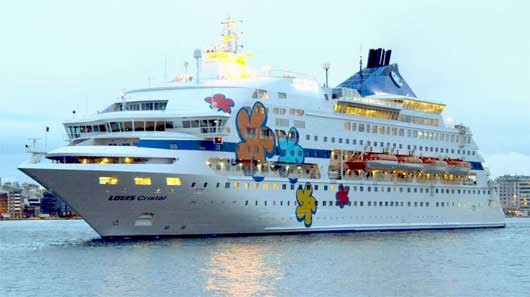It was a subject on which our Northern neighbour had been insisting in since the decade of the nineties, in the last century.
The subject was retaken by the then President George Bush, of sinister remembrances, and was presented by his successor, Bill Clinton, at the nineteen ninety four Summit of the Americas, held in Miami in December nineteen ninety four.
ALCA was a mechanism that demanded from the Latin American and Caribbean economies to open more facilities to transnational investments, only interested in increasing profits for the Northern investors even if that entailed to increase poverty even more and magnify environmental damages in the areas covered by Latin America and the Caribbean.
In other words: what was being asked from the region South of the Border was to open up its resources, labour and expertise to the profit-guzzling investors from the North.
As the late Venezuelan President Hugo Chavez declared, “ALCA brings us poison; it is an imperialistic, anexionist and fundamentalist proposal: if your are not with ALCA then you are against me!”. But Latin America and the Caribbean had begun to change. The assumption of progressive governments, watchful over the interests of their peoples, joined the birth of ALCA in December two thousand and four led by the hand of Cuba and Venezuela.
The Bolivarian Alternative for the Peoples of Our America would open a new type of relationship in our Continent based on solidarity, cooperation and complementation, which has really established itself deeply in our region.
Through this initiative, which has been joined in the past years by several other nations, multiple projects of benefit to the area’s populations have been developed with full success in vital areas such as health, education, agriculture and food intake.
Thanks to the now named Bolivarian Alliance for the Peoples of Our America, nations such as Venezuela, Bolivia and Nicaragua were declared by the United Nations Educational, Scientific and Cultural Organization, UNESCO, as territories free from illiteracy, while disadvantaged sectors from the population, such as the mentally and physically handicapped, began to be taken into consideration by the Governments.
Valiantly, Latin America and the Caribbean derailed another plot by the United States to engulf the natural resources of the peoples of that area, while at the same time reinforcing the social and economic development of the area`s nations through integrationist mechanisms such as ALBA, and also CELAC, that is, the Community of Latin American and Caribbean Nations, which, always through the strictest respect for the member’s sovereignty and independence, seek to march together onwards in the construction of a better future.



